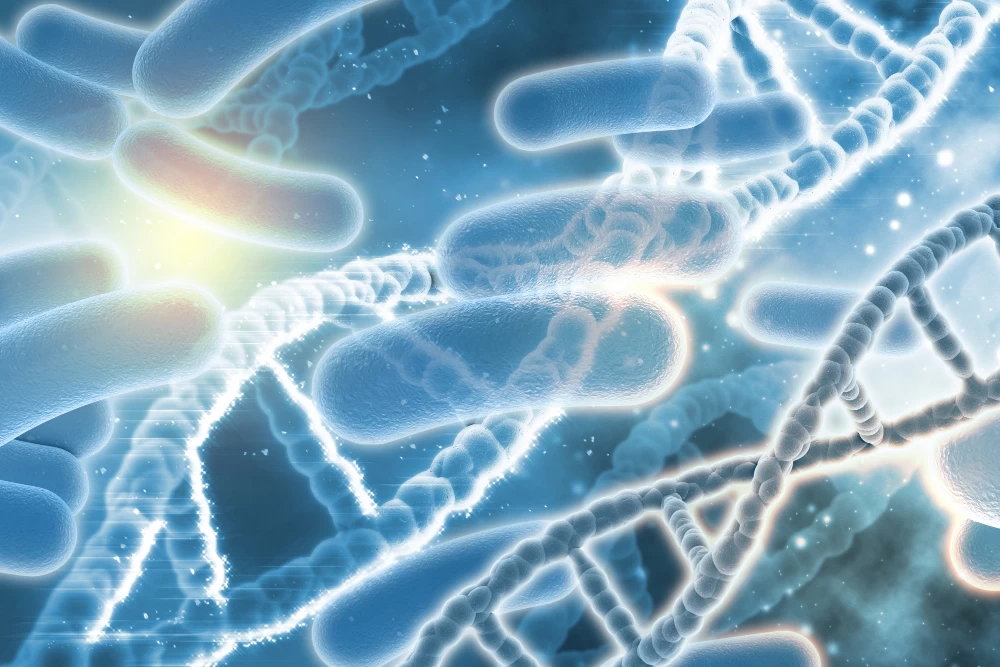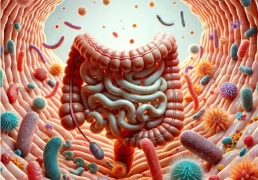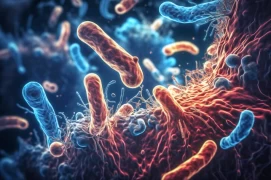
Prebiotics and Diabetes
- Prebiotics and Diabetes
- What Does Prebiotic Mean?
- What are the Differences Between Prebiotic and Probiotic?
- What Does Diabetes Mean?
- Prebiotics And Diabetes
What Does Prebiotic Mean?
Prebiotics are natural compounds that encourage the growth of beneficial bacteria in our digestive system and support digestive health. These compounds are food sources of probiotic bacteria in our digestive tract. Probiotics are live microorganisms that help maintain the health of the digestive system, especially they support digestive health by regulating the balance of intestinal flora and strengthening the immune system.
Prebiotics increase the effectiveness of probiotics by promoting the growth of beneficial bacteria in the digestive tract. The balance of the intestinal flora is important for a healthy digestive system because it can affect nutrient absorption during the digestive process, strengthen immune function and support the synthesis of certain nutrients. Prebiotics usually consist of indigestible fibers and are used as a food source for probiotic bacteria without being digested in the gut.
For example, prebiotics such as inulin and fructooligosaccharides (FOS) are found naturally in some foods. Onions, garlic, bananas, chicory, whole grains, oats, barley and some vegetables are rich sources of prebiotic fiber. Also, some prebiotics can be found in food supplements and probiotic products.
Prebiotics have positive effects on digestive health, and some research shows that by improving gut health, prebiotics may increase immune function, reduce digestive disorders, and support metabolic health. However, the effects of prebiotics may differ from person to person, and it is important for individuals with any health condition to consult their healthcare professional before using prebiotic supplements.
What are the Differences Between Prebiotic and Probiotic?
I'd like to point out the differences between prebiotics and probiotics because they're so complicated.
Prebiotics and probiotics are two different concepts that support the health of the digestive system and they have different functions. Here are the main differences between prebiotic and probiotic:
A. Prebiotics:
- Definition: Prebiotics are natural compounds that encourage the growth of beneficial bacteria in our digestive system and support digestive health. They are food sources of probiotic bacteria in the digestive tract.
- Structure: Prebiotics usually consist of indigestible fibers. These fibers serve to feed the probiotic bacteria without being broken down in the digestive tract.
- Function: Prebiotics promote the growth of probiotic bacteria in the digestive tract, regulate the balance of intestinal flora and increase immune function. It has positive effects on digestive system health.
- Examples: Prebiotics such as inulin, fructooligosaccharides (FOS), galactooligosaccharides (GOS) are found naturally in some foods. Onions, garlic, bananas, chicory, whole grains, oats, barley and some vegetables are rich sources of prebiotic fiber.
B. Probiotics:
- Definition: Probiotics are live microorganisms that support the presence of beneficial bacteria in the digestive system. By protecting the health of the digestive system, it regulates the balance of intestinal flora and strengthens the immune system.
- Structure: Probiotics usually contain certain types of bacteria and sometimes yeasts. They are microorganisms that exist live in the digestive system or can be taken as supplements.
- Function: Probiotics support digestive system health, aid digestive processes, balance intestinal flora and strengthen immune function. It is effective in treating digestive system disorders and improving intestinal health.
- Examples: Microorganisms such as Lactobacillus, Bifidobacterium, Saccharomyces boulardii are examples of probiotics. Yogurt, kefir, pickles, fermented foods are natural sources of probiotic bacteria.
What Does Diabetes Mean?
Diabetes is a condition in which blood sugar levels are high. Type 1 diabetes is an autoimmune disease in which the pancreas does not produce enough insulin. Type 2 diabetes is a condition in which the body cannot use insulin effectively and there is insulin resistance. Diabetes management is closely related to controlling blood sugar levels, weight control and a healthy lifestyle.
Prebiotics And Diabetes
Some research shows that prebiotics can affect blood sugar levels and reduce insulin resistance. This is because prebiotics support metabolism by regulating the gut flora and improving gut health. However, for diabetes management, it may be more appropriate to use prebiotics as a part of a healthy eating plan rather than as a stand-alone treatment.
It is important for people with diabetes to consult their doctor or a nutritionist before consuming prebiotic supplements or foods. Diabetes management should be individualized, taking into account individual health status, medication use, and other nutritional needs.





